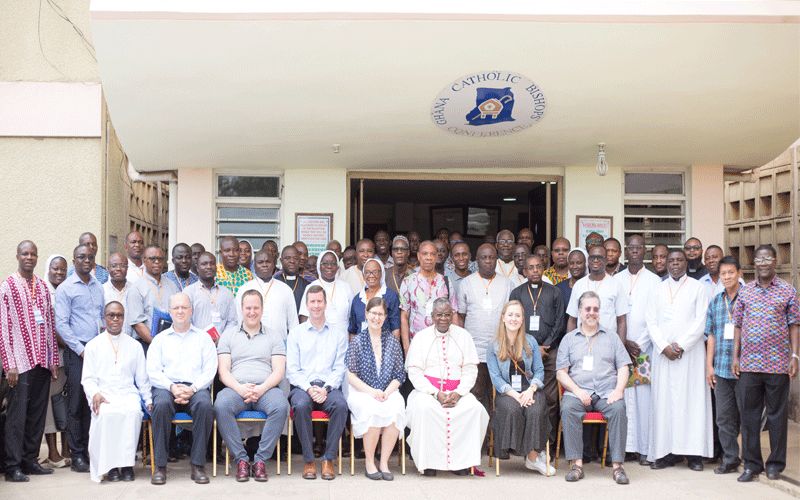Accra, 10 March, 2020 / 12:33 am (ACI Africa).
Financial Administrators from various Church institutions in the West African nation of Ghana have, in a four-day recent workshop, been trained in managing Church resources, with members of the clergy being urged to embrace “openness, transparency and accountability” in dealing with Church money in their various capacities.
“Priests should be in the forefront and ginger the people to bring out the money for the Mission. But however, openness, transparency and accountability have to be applied in dealing with Church money,” said Professor Mario Enzler of the Catholic University of America (CUA) who was one of the resource persons during the training.
Organized by the International Workshop at the National Catholic Secretariat (NCS) under the auspices of the Ghana Catholic Bishops’ Conference (GCBC), the goal of the workshop was to develop the technical and professional skills and abilities of Church leaders in their role as administrators of Church activities and finances.
The February 25-28 workshop targeted 60 participants, drawn mostly from priests in charge of finances in their respective Dioceses and Archdioceses in Ghana.
Speaking at the four-day international workshop, Prof. Enzler highlighted the need for financial resources in preaching the Gospel saying, “The Church exists to evangelise and the evangelisation ministry “is expensive” therefore, the Church needs money.”








